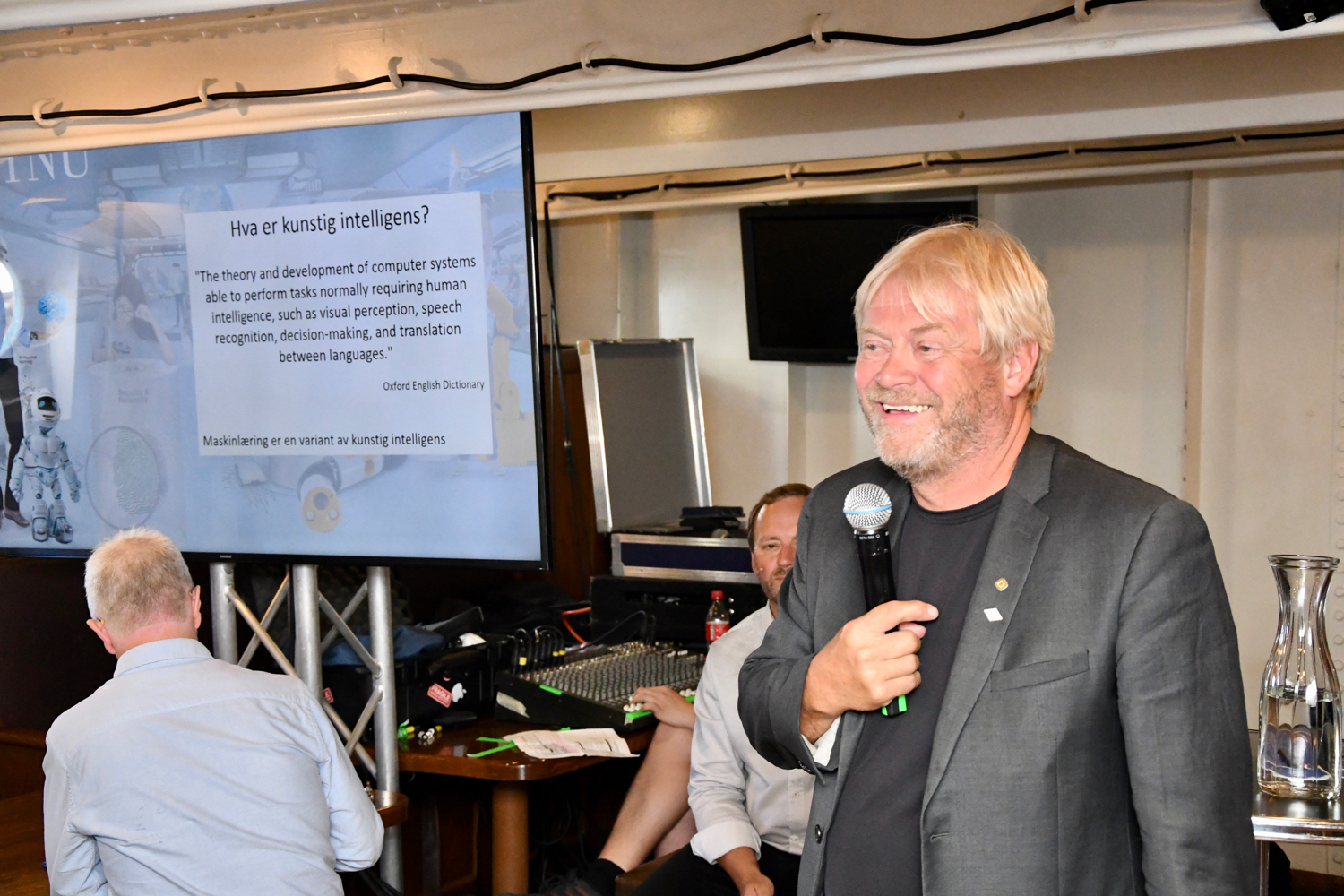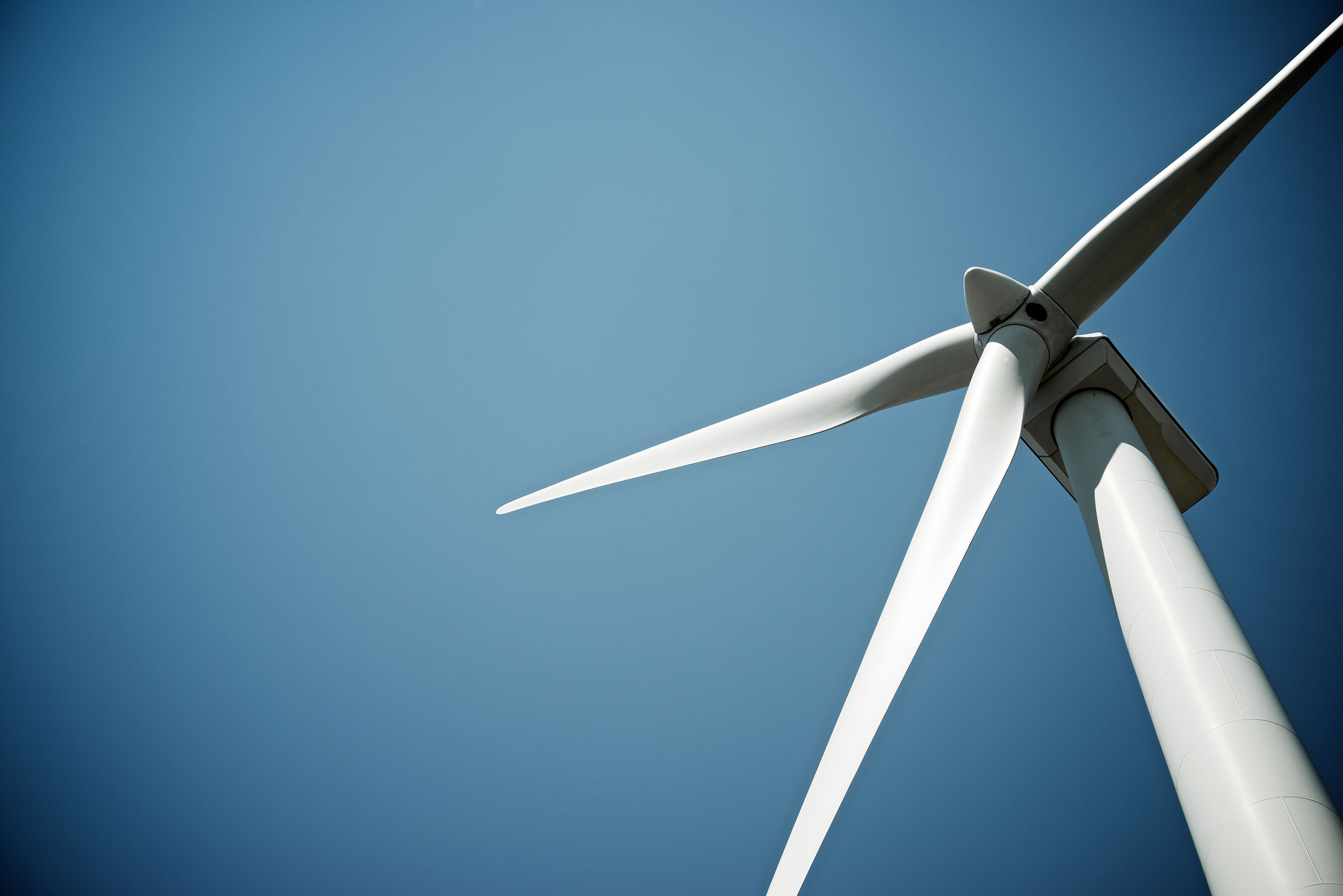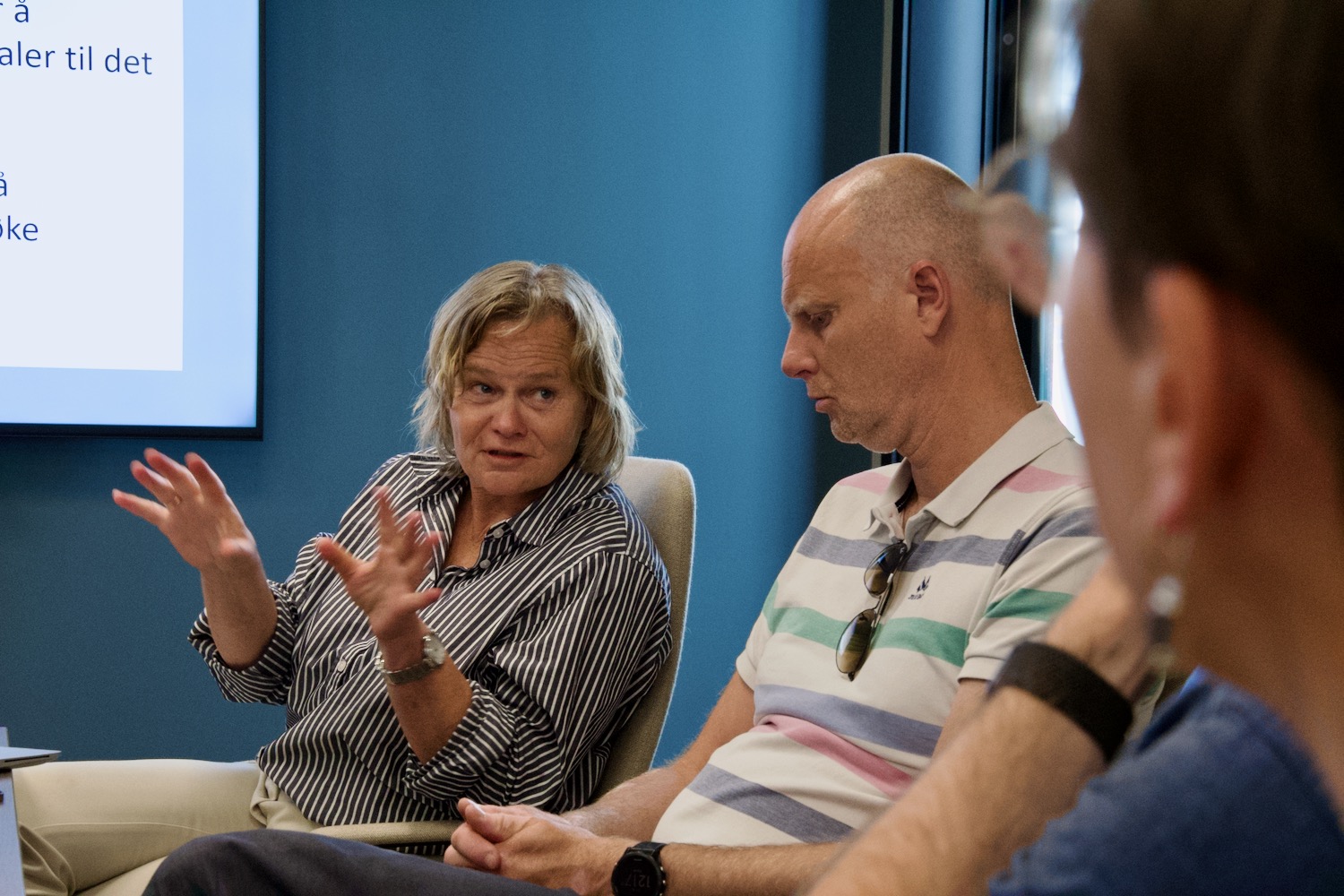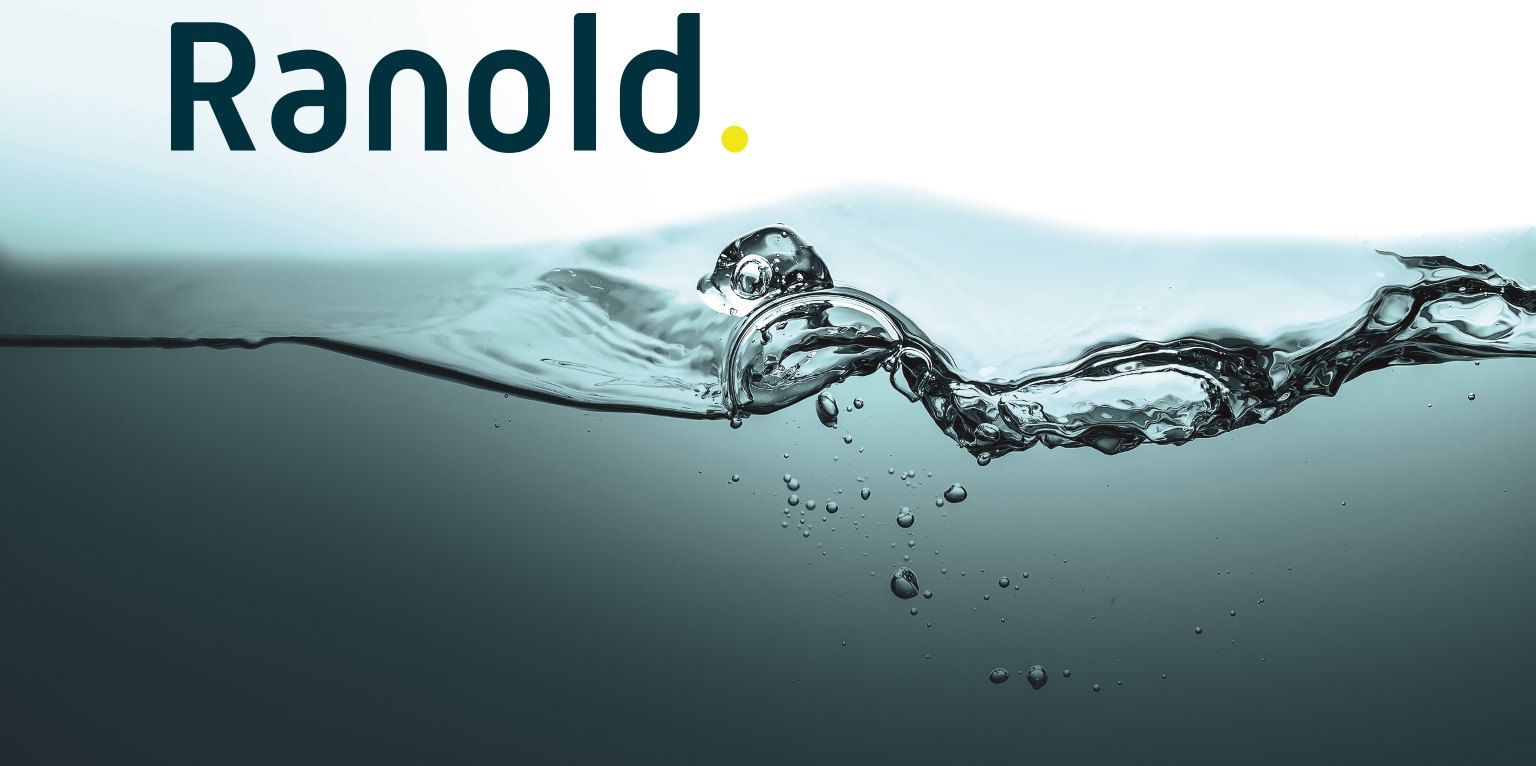Director for NTNU Digital Torbjørn Svendsen says there are a number of reasons why artificial intelligence and machine learning look so good now.
“We have access to enormous and relevant sets of data. We have very cheap and very good sensors. We share more data, and data is easily transferred at great speed and high capacity. Computers are faster and able to store more data than before, and we see improvements in models, methods and algorithms. Finally, we have fabulous tools which make new technology accessible for non-professionals,” explains Svendsen.
He gave a presentation at a seminar organized by GCE NODE and the Norwegian University of Science and Technology (NTNU) in Arendal Tuesday.
Svendsen stressed that machine learning can be applied in a wide range of industries.
“However, machine learning is in itself not very useful. It must be combined with deep domain competence to reach its potential,” says Svendsen.
Drone specialist Jan Robert Fiksdal, Chief Operating Officer at Aersea, says drones could be used for remote operations and autonomous operations related to inspection and maintenance.
“Drivers for implementing drones in inspection and maintenance is increased efficiency, cost reduction, increased production and lower emissions. We already see drones serving a variety of functions in the wind power industry. The potential in oil and gas and other ocean-based industries is tremendous,” says Fiksdal.




